

Effective communication is at the heart of every productive workplace but more so in sectors like ECE where so much depends on positive interactions between key stakeholders, like children, educators, families, management and providers. Non-verbal cues are an integral part of communication as they can complement and reinforce but also contradict and undermine verbal messages. The following article provides information on What Is Non-Verbal Communication, Why It Is Important, How To Use Non-Verbal Communication In The Workplace and more.
As part of their educational programmes, early education and care services may be situated in or travel to bush environments where it is known that snakes may be active and present. Although they are more common in the spring or summer, snakes can be found throughout the year, especially on sunny days. The following article provides information on What Attracts Snakes Into The Outdoor Area or Early Childhood Service, How Can We Snake-proof Our Service, Strategies to Implement To Minimise The Risk Of Snakes and more.
In the early education context, assessment for learning is best practised as a “process of gathering and analysing information as evidence about what children know, can do and understand”, according to the EYLF. The approved learning framework is categorical that such assessment should be “part of an ongoing cycle that includes planning, documenting and evaluating”. Such ongoing processes lie at the heart of formative assessment practices. The following article provides information on What Is Formative Assessment Practices, Formative Assessment Regulatory Guidelines, and Benefits Of Formative Assessment and more.
Consequences are one of the most effective principles of behaviour management in ECEC settings, as they show children the probable results of their own actions. There are two types of consequences used most often – natural and logical. The following article provides information on Natural consequences, How To Use Natural consequences, Logical consequences and more.
Both the Principles and Practices of EYLF place great significance on the nature of child-educator interactions. The following article provides information on What Are Positive Interactions, Developing Positive Interactions, Strategies and more.
Play is a process that is freely chosen, personally directed and intrinsically motivated. In this sense, children’s play happens when children determine and control the content and intent of their play, following their own instincts, ideas and interests, in their own way for their own reasons. The following article provides an overview of the different roles of educators in play and how each can be best performed in an ECEC setting.
Saying sorry is among the earliest lessons in interpersonal behaviour that children learn when growing. There are indeed many benefits of an apology but adults forget that almost always they depend on both sides genuine feeling the emotions rather than being forced to go through the motions. The following article provides strategies to support children to say sorry more meaningfully.
Interactions with children and families lie at the heart of ECEC practices. Early educators as a result may find themselves frequently facing ethical issues which are all too common in professions revolving around human relationships with their spectrum of rights, responsibilities, needs and desires. The following article provides information on Identifying Ethical Issues, Ethical Responsibilities, Case Study and more.
Transitions are among the most significant factors that determine the well-being of young children. Their sense of ease, ability to learn and the nature of attachments are vastly impacted by how they experience transitions in the ECEC setting. The following article provides information on Theories and Transitions, Different Types Of Transitions, Benefits Of Planning Transitions With Families and Children and more.
The structure and organisation of a learning environment can have immense impact on all aspects of a child’s development, ranging from physical and cognitive to social and emotional growth. The following article provides information on What Are Interest Areas and Their Benefits, Common Interest Areas, Guidelines For Planning Interest Areas and more.
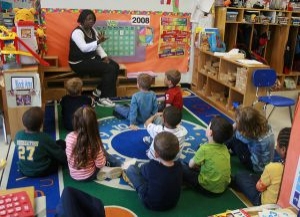 Working as a childcare professional can be a challenge especially when dealing with behavioural problems which may arise. The techniques we use when dealing with… Read More
Working as a childcare professional can be a challenge especially when dealing with behavioural problems which may arise. The techniques we use when dealing with… Read More
 There are different types of behaviour that children can display and sometimes it can be hard to manage, especially if a child is having behavioural… Read More
There are different types of behaviour that children can display and sometimes it can be hard to manage, especially if a child is having behavioural… Read More
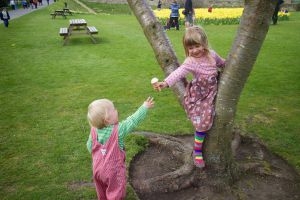 As a parent, your behavioural expectations of your child can be higher than what is actually developmentally appropriate for your child's age.
Read More
As a parent, your behavioural expectations of your child can be higher than what is actually developmentally appropriate for your child's age.
Read More
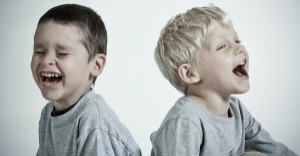 As Educators, there will be many instances where you will need to write about a child's behaviour. For a behaviour management plan, assessments, half-yearly or… Read More
As Educators, there will be many instances where you will need to write about a child's behaviour. For a behaviour management plan, assessments, half-yearly or… Read More
 As Educators when communicating with Parents (through verbal or non-verbal communication), there will be times where we need to discuss issues or concerns that may… Read More
As Educators when communicating with Parents (through verbal or non-verbal communication), there will be times where we need to discuss issues or concerns that may… Read More
 Challenging Behaviour is when a child does something that hurts themselves and/or other people.
Read More
Challenging Behaviour is when a child does something that hurts themselves and/or other people.
Read More
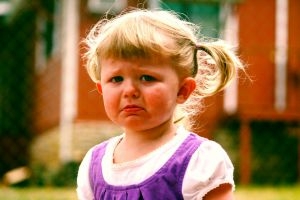 As part of your child's development it is normal for your child to have anxiety and fears. A baby commonly shows a fearful sign to… Read More
As part of your child's development it is normal for your child to have anxiety and fears. A baby commonly shows a fearful sign to… Read More
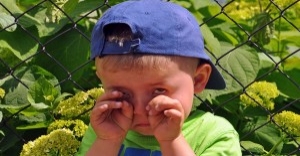 It's always difficult to bring up behavioural issues with parents, it can be nerve wrecking to tell a parent that their child misbehaves but that… Read More
It's always difficult to bring up behavioural issues with parents, it can be nerve wrecking to tell a parent that their child misbehaves but that… Read More
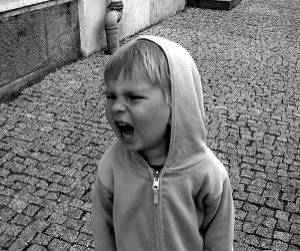 All children deal with anger on a daily basis. Thinking about it as a child, there is a lot to be angry about. Elder people… Read More
All children deal with anger on a daily basis. Thinking about it as a child, there is a lot to be angry about. Elder people… Read More
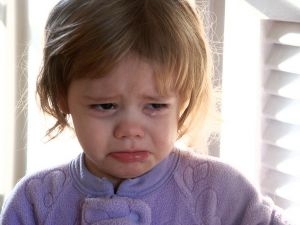 It is important to understand that your child behaviour problems could not just be from attention seeking. There are many factors to take into consideration… Read More
It is important to understand that your child behaviour problems could not just be from attention seeking. There are many factors to take into consideration… Read More
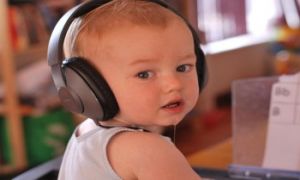
Tremendous advances in brain imaging technology over the last ten years have led to a...
See more...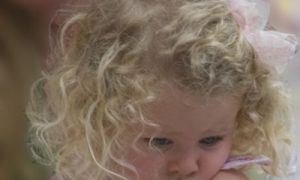
Shyness is a feeling and a behaviour towards others. It is a personality trait, an...
See more...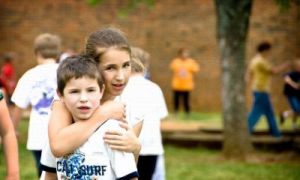
During this stage, school age children have developed an increasing need of independence and become...
See more...© 2009-2025 Aussie Childcare Network Pty Ltd. All Rights Reserved.

